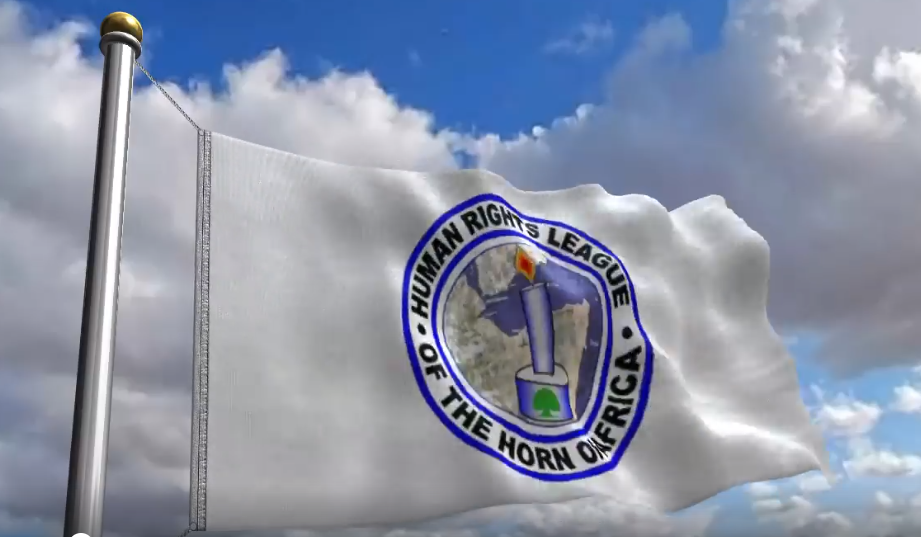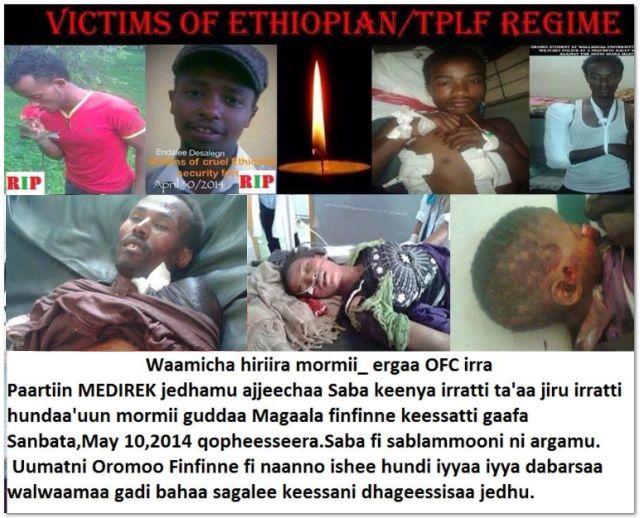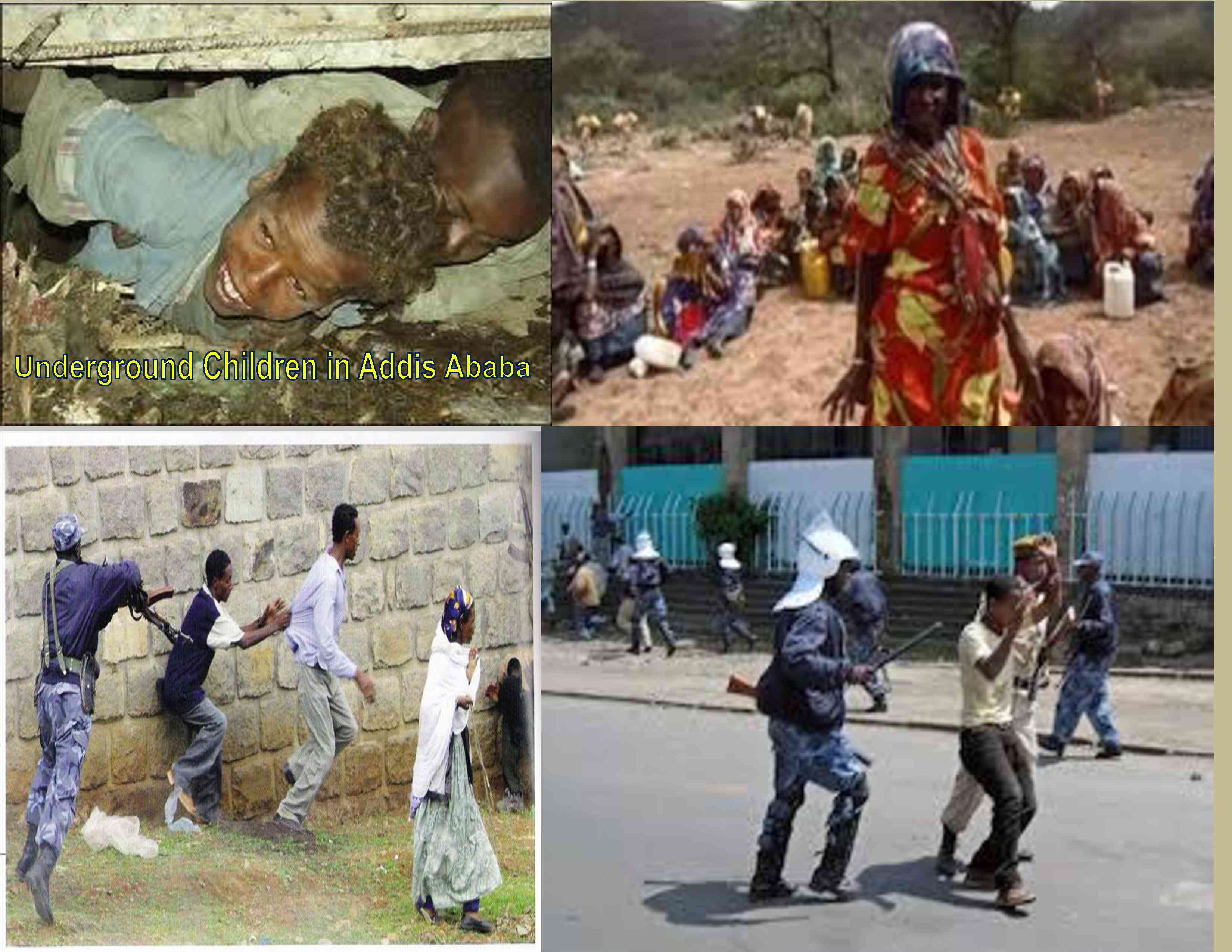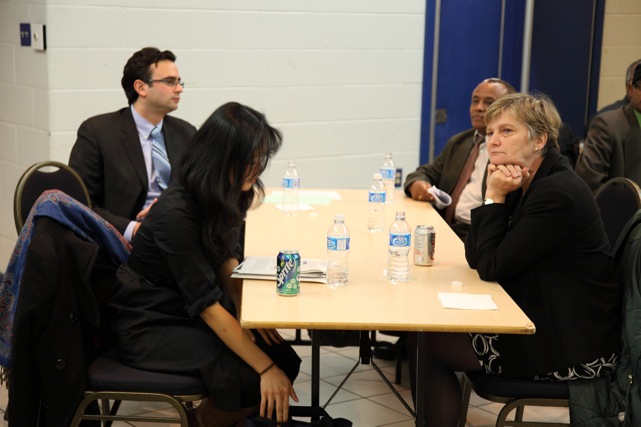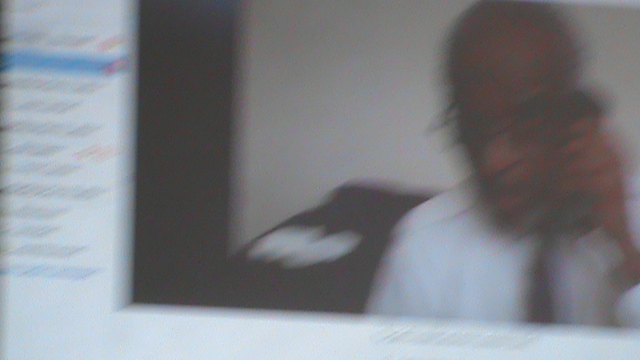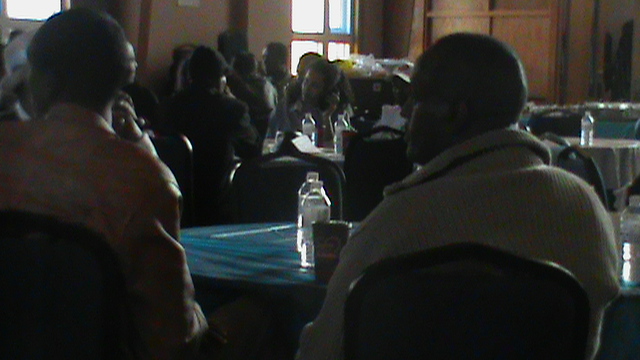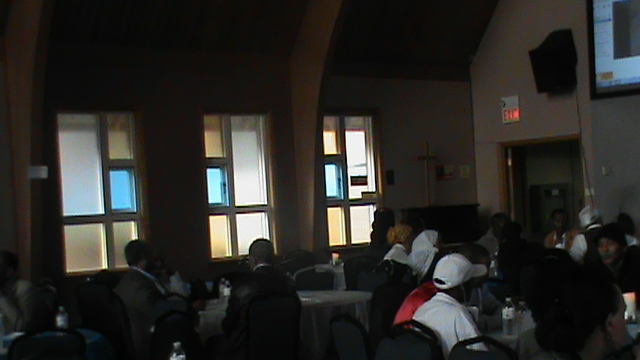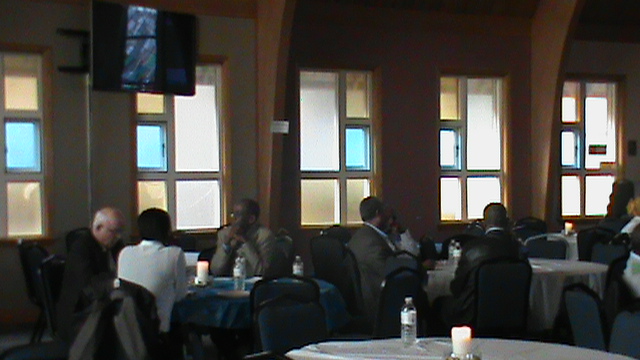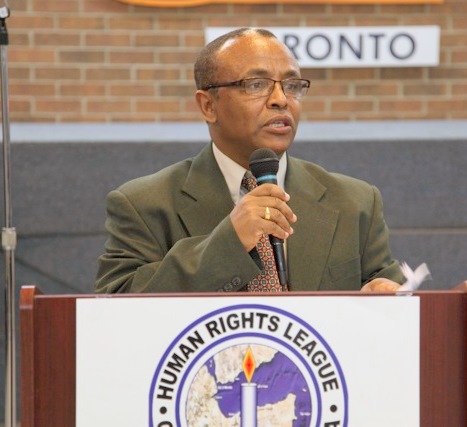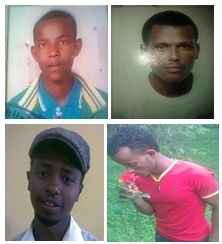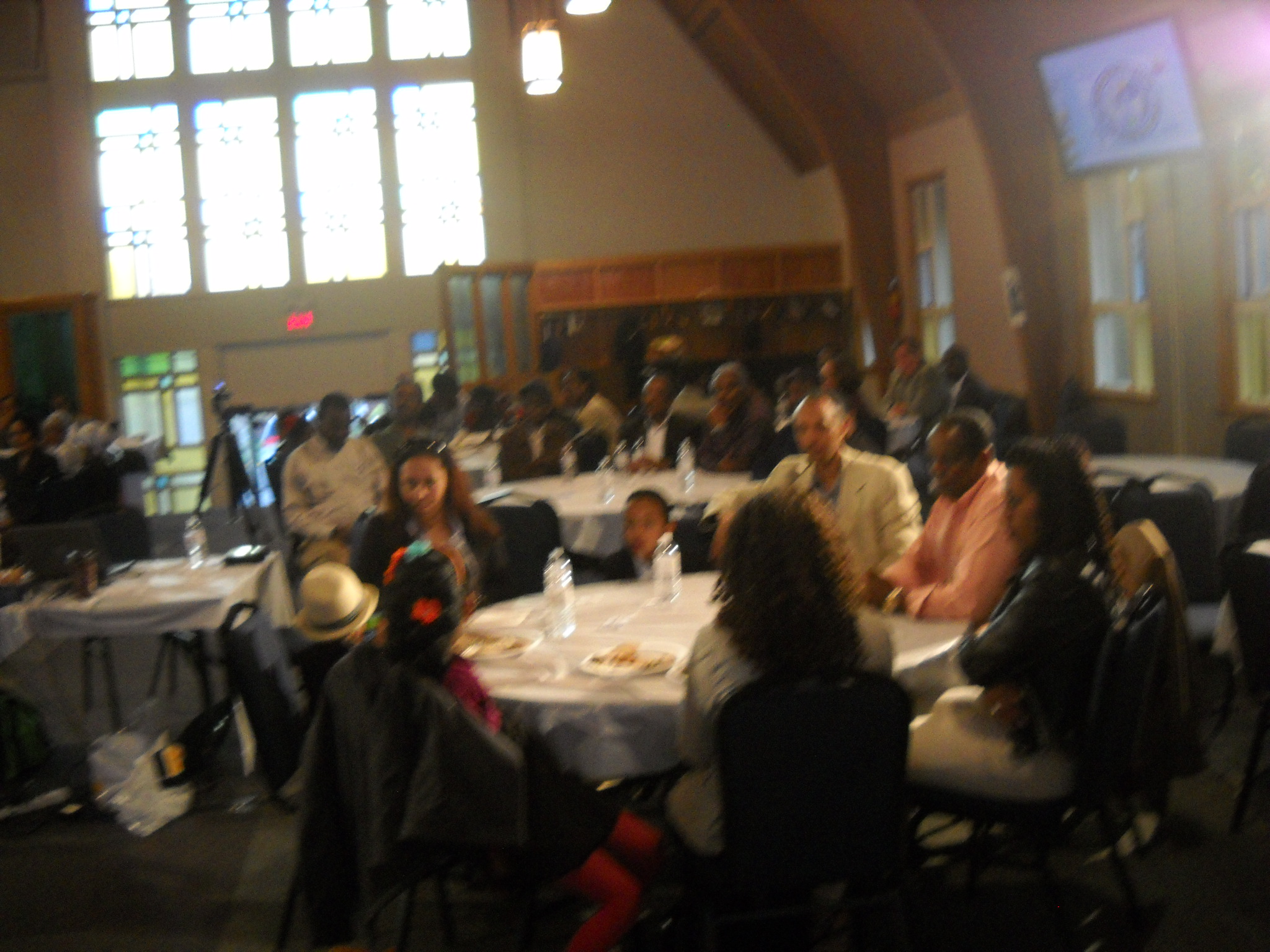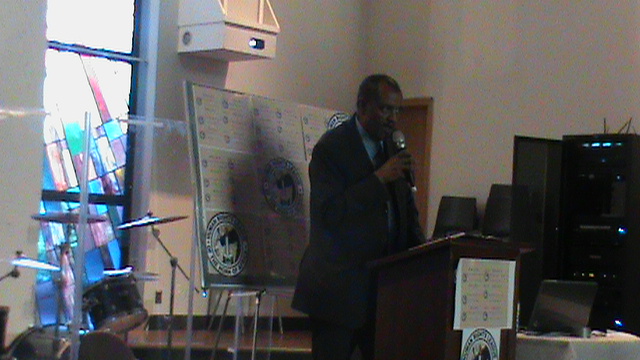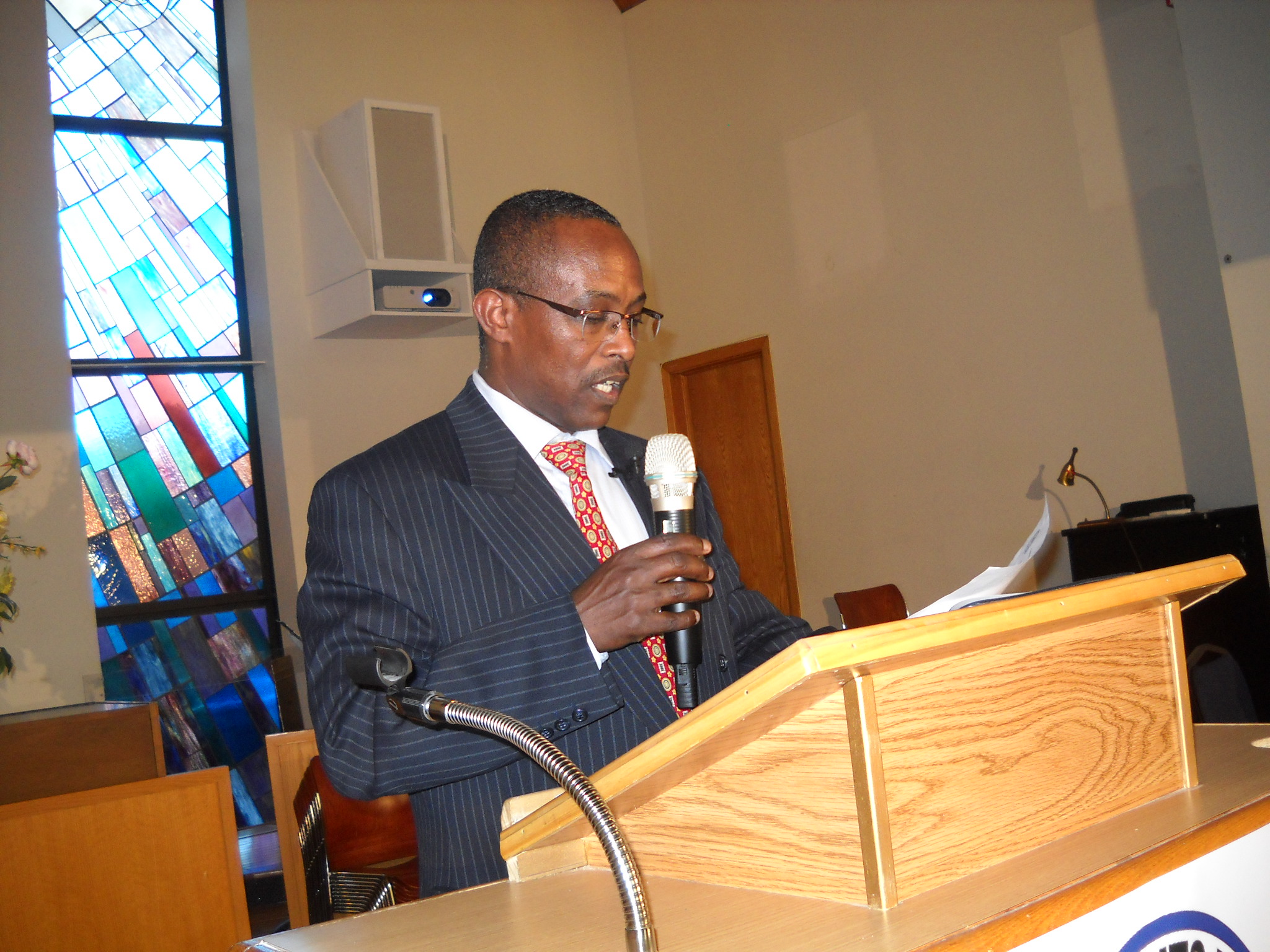HRLHA Urgent Action
5- 2015-OSA (1)
January 21, 2018
The promise of the Ethiopian Authorities started to become practical on January 17, 2018 when they released 115 federal inmates, including Dr. Maria Gudina, the OFC leader. The release of a few political prisoners could be a good start- if the regime continues to release all political prisoners, including those forcefully disappeared under the current regime. A few political prisoners being released, however, is synonymous to picking a few individual grains out of a ton of grains
Haile Mariam Dessalegn, the PM of Ethiopia, opened a Pandora’s Box of the EPRDF over the past twenty-five years and committed crimes against citizens under the façade of democracy. Government officials have denied repeatedly for many years that they have been holding political prisoners and having torture chambers such as Maikelawi in which the political prisoners have been tortured in the past two and half decades under the EPRDF government.
The Maikelawi detention center, also known as the Ethiopian Guantanamo, is situated in the center of Addis Ababa, the capital city that has been used as a torture chamber for supporters and members of opposition political organizations up to the present.
On January 3, 2018, the Ethiopian government declared that it would free all political prisoners and shut down the Maiklawi, the torture chamber. But the government didn’t mention how many political prisoners the government has held since it came to power in 1991. How many citizens were forcefully disappeared? How many torture centers are there in the country?
The announcement by Hailemariam Dessalegn also said the political prisoners will be released in an effort to “create a national consensus and widen the political space”.
However, the PM didn’t say anything about the fundamental issue in the country which has brought millions to the streets in the past three years: the demand for freedom, equality and justice.
During this long and persistent mass uprising in Ethiopia, over 4,000 mostly youth members have been murdered by the Federal Military Force, Killing Squad, the Agazi in Oromia Regional State, hundreds have been wounded, tens of thousands have been incarcerated in different concentration camps, military camps, police stations and tortured and disabled by the regime’s military and security apparatus.
As the EPRDF acknowledged multiple times during its political cadres meetings and media briefings, the main reasons for the uprisings in the Oromia and Amhara Regional States were bad governance, corruption, nepotism and lack of democracy. After the multiple meetings with their members, the EPRDF government authorities vowed to bring about reforms within the EPRDF and all government apparatus including the military to solve the chronic, political, economical and social crisis the country encountered in the past years. But can Ethiopia reform its economic, political and military institutions?
The government should not confuse the citizens and the world community with its empty promise that ” the political prisoners will be released as an effort to create a national consensus and widen the political space”. The government’s release of all political prisoners, including those forcefully disappeared in the past two and half decades, cannot alone bring about a national consensus and widen the political space. The EPRDF must show a willingness to open its door for dialogue with all stakeholders, political opposition parties operating in the country and abroad to bring genuine change to the country.
The present political, economic and social situation in Ethiopia is dire. The government authorities are working day and night to abort the political turmoil in the country to stay in power through military suppression. Today, the Oromia Regional State is totally under the control of the Federal Military Force ” National Security Council” that has dominated the administration, regional police, and security activities. This is the second time the Oromia Regional State has come under military rule after the state of Emergency of October 8, 2016 which stayed in effect for ten months.
Since the National Security Council was introduced in November 2017 and deployed in Oromia Regional State, many youths have been detained in different parts of Oromia Regional State. This current mass arrest in Oromia Regional State contradicts the government’s promises to release political prisoners as an effort to create a national consensus and widen the political space.
Recommendations
To the Government of Ethiopia:
• Disclose the number of political prisoners held in federal prisons and regional state prisons, military camps, and hidden underground prisons
• Disclose the number of forcefully disappeared supporters and members of opposition political organizations confined in secret prison camps, underground prison cells under federal security control and in regional states- especially secret prison camps for forcefully disappeared citizens in the Tigray Regional State (See the partial list of forcefully disappread Oromo nationals below)
• Return the Federal Government, Military and Special Killing Squad (Agazi) camped in university campuses to their original military camp
• Bring to justice, by prosecuting in accordance with international fair trial standards any state or party officials involved in violations of human rights
• Invite all inclusive stakehoiders to genuine dialogue to create a national consensus among citizens
The following disappeared are just a few among many
# Name Disappeared # Name Disappeared
1 Dabasa Guyyo 2015 17 Kasahun Terfa Muleta 1993
2 Yosef Ayele Bati 1992 18 Ararso Badhadha 1999
3 Bekele Dawano 1993 19 Jemal Husen 1994
4 Jemal Husen 1994 20 Eda’a (Dani’el) –
5 Nadi Gemeda 1994 21 Alemayhu Duguma 1994
6 Mustefa Idiris 1994 22 Temesgen (Kidnaped with Jireenya Ayyana (#10) –
7 Sadik Umer 1994 23 Megersa Dhufa Horo 1995
8 Dereje Dame 1994 24 Amanti Abdisa Jigi 1996
9 Temesgen Adaba 1995 25 Worku Uwissa 1996
10 Jiregna Ayana 1995 26 Mulugeta Badhassa 1997
11 Kasahun Habte 1996 27 Namarsan Dadhi 1997
12 Mitiku Wadajo – 28 Tamiru Ajama 1999
13 Xilahun Gerbi – 29 Idossa Belayi Mumicha 2000
14 Hunduma kaba – 30 Benti Gudeta 1992
15 Habtamu Tadesse – 31 Takele Oljirra 1992
16 Yohannes Ektera – 32 Girma Milkiya Dabalo 1994
The Human Rights League of the Horn of Africa (HRLHA) urges Ethiopia’s principal foreign donors in the name of “Development Assistance” – the IMF, World Bank, the United States of America, the United Kingdom, the European Commission, Key European Union Member States ( Sweden, Austria, Belgium, Denmark, Finland, France, Germany) Canada, Norway, Switzerland, and Japan- to seriously consider the fact that the TPLF/EPRDF government has held on to power for years at the expense of Ethiopian peoples’ lives.
Therefore, the HRLHA calls upon the donor governments and government agencies to put pressure on the TPLF/EPRDF government to begin an all- inclusive political dialogue to bring about a sustainable political solution which will guarantee the citizens their sustainable fundamental and basic rights.
Copied To:
• UN Security Council
Office of the Ombudsperson
Room DC2 2206
United Nations
New York, NY 10017
United States of America
Tel: +1 212 963 2671
E-mail: ombudsperson@un.org
• UN Human Rights Council
OHCHR address:
Office of the United Nations High Commissioner for Human Rights (OHCHR)
Palais Wilson
52 rue des Pâquis
CH-1201 Geneva, Switzerland.
• Africa Union (AU)
African Union Headquarters
P.O. Box 3243 | Roosevelt Street (Old Airport Area) | W21K19 | Addis Ababa, Ethiopia
Tel: (251) 11 551 77 00 | Fax: (251) 11 551 78 44
Webmaster: webmaster@africa-union.org
•
African Commission on Human and Peoples’ Rights
31 Bijilo Annex Layout, Kombo North District
Western Region, P.O. Box 673 Banjul
Gambia
Tel: (220) 441 05, 05, 441 05 06
• The US Department of State
WASHINGTON, D.C. HEADQUARTERS
(202) 895-3500
OFMInfo@state.gov
Office of Foreign Missions
2201 C Street NW
Room 2236
Washington, D.C. 20520
Customer Service Center
3507 International Place NW
Washington, D.C. 20522-3303
• UK Secretary of State for Foreign and Commonwealth Affairs
Parliamentary
House of Commons, London, SW1A 0AA
Tel: 020 7219 4055
Fax: 020 7219 5851
Email: hammondp@parliament.uk
DepartmentalStreet,(DepartmentalStreet???)
London, SW1A 2AH
Tel: 020 7008 1500
Email: fcocorrespondence@fco.gov.uk
• Minister of Foreign Affairs (Canada)
Write to:
Enquiries Service (BCI)
Global Affairs Canada
125 Sussex Drive
Ottawa, ON
K1A 0G2
Email: Enquiry Service – Online form
Canada
• Minister for Foreign Affairs (Sweden)
Her Excellency Margot Wallström
Switchboard: +46 8 405 10 00
Street address: Rosenbad 4
Postal address: SE 103 33 Stockhol
• Minister of Foreign Affairs (Norway)
His Excellency BørgeBrende
Ministry of Foreign Affairs
E-mail: post@mfa.no
Phone: + 47 23 95 00 00
Address: 7. juniplassen 1, N-0032 Oslo
